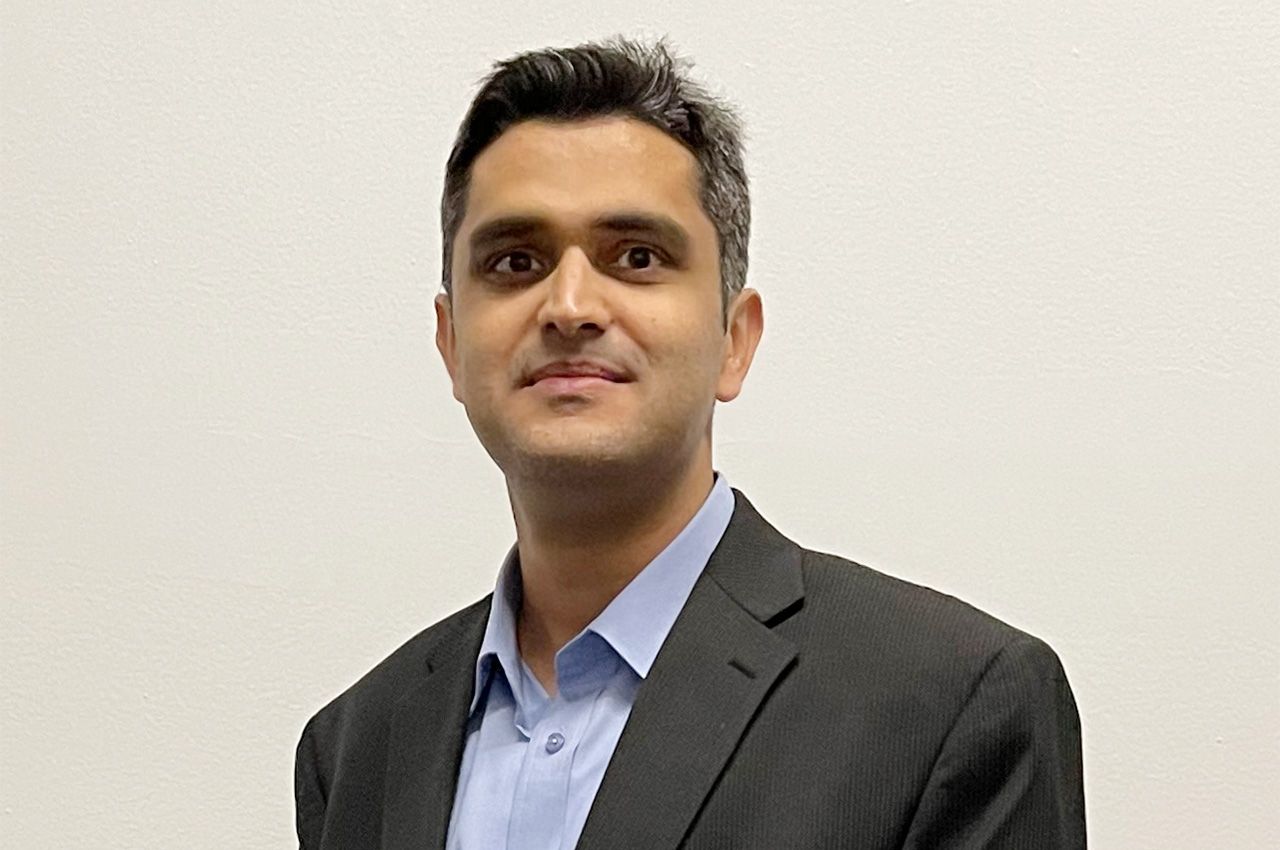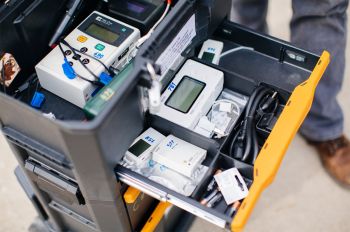Equitable Artificial Intelligence in Health Care

Illinois Institute of Technology professors have received funding from the National Science Foundation to train artificial intelligence using electronic health records for the equitable delivery of health care in type 2 diabetes.
According to the Centers for Disease Control and Prevention (CDC), 38.4 million adults in the United States have diabetes, and type 2 diabetes accounting for 90 to 95 percent of diabetes cases, with inequalities in health care services contributing to an elevated risk of chronic diseases in people of low socioeconomic status.
Research Assistant Professor Mudassir Rashid is the principal investigator and Hyosung S. R. Cho Endowed Chair in Engineering Ali Cinar is the co-principal investigator.
“Our aim is to detect if a person is likely to develop type 2 diabetes before they present the symptoms that would typically trigger screening,” says Rashid. “Using artificial intelligence, we can identify patients early on who are at risk of developing type 2 diabetes and can recommend tests or procedures before the symptoms manifest. We may even predict the patients who are likely to develop diabetes in the future so that medical interventions may be prescribed or lifestyle changes recommended to prevent or delay these chronic diseases from developing.”
According to the CDC, 8.7 million adults in the United States are living with undiagnosed diabetes.
“That’s a substantial public health issue,” Rashid says, and he believes that applying natural language processing and machine learning to electronic health records can reduce the burden of the disease and lead to a better understanding of the disparities in diabetes risk factors.
Currently, most electronic health records contain a range of information from a variety of sources, from historical laboratory results to freehand doctor’s notes.
“There may be numerous complex associations among all of these data that would be very difficult for a doctor to visually recognize,” says Rashid. “That’s a task where machine learning excels.”
Rashid says including the free text notes is likely to be both challenging and rewarding. The notes may include information about family history, diet and exercise, medications, and more, but the challenges in mining that data and extracting knowledge may lead to the underutilization of electronic health records, causing valuable health care information to be buried or forgotten.
Machine learning algorithms generally only work well with structured data, so Rashid says the team is using natural language processing to analyze the free text notes and extract knowledge that can be used in the machine learning algorithms.
Rashid says the methods they develop for combining the variety of data types included in health records may have broad applications in artificial intelligence.
Both type 2 diabetes and heart failure have tests that can be conducted to diagnose these conditions, making them good candidates for this type of early screening, as well as offering well-defined data to train the artificial intelligence.
In addition, Rashid and Cinar have extensive experience in diabetes research, including through Illinois Tech’s Engineering Center for Diabetes Research and Education, of which Cinar is director.
“We’ve been working on developing digital technologies and digital therapeutics to help people with diabetes manage their chronic disease, including artificial pancreas systems for people with type 1 diabetes and virtual patient simulators,” says Rashid. “Diabetes research has been a strength of Illinois Tech for a couple of decades.”
This work builds on the existing expertise in artificial intelligence and machine learning that Rashid and Cinar have developed to analyze data from people with type 1 diabetes. Preliminary studies for this project were supported by a seed grant from the Discovery Partners Institute, which was matched by Illinois Tech.
Rashid says he has been particularly interested in addressing the challenges of algorithmic fairness in artificial intelligence for medicine.
“Artificial intelligence and machine learning often perpetuate or exacerbate the biases inherent in the data, but we want the algorithm to perform equally well for everyone,” he says.
The funding also supports recruiting and training for both graduate and undergraduate students.
“The students will benefit from the combined experience of a diverse team, including experts in engineering, computer science, and medicine,” says Rashid.
Additional collaborators on this project include Barbara Di Eugenio, professor of computer science at University of Illinois Chicago; Lu Cheng, assistant professor of computer science at University of Illinois Chicago; Brian T. Layden, associate professor and chief of the diabetes center and endocrinology clinic at University of Illinois Health; and Andrew D. Boyd, associate vice chancellor for research and chief research information officer at University of Illinois Chicago.




